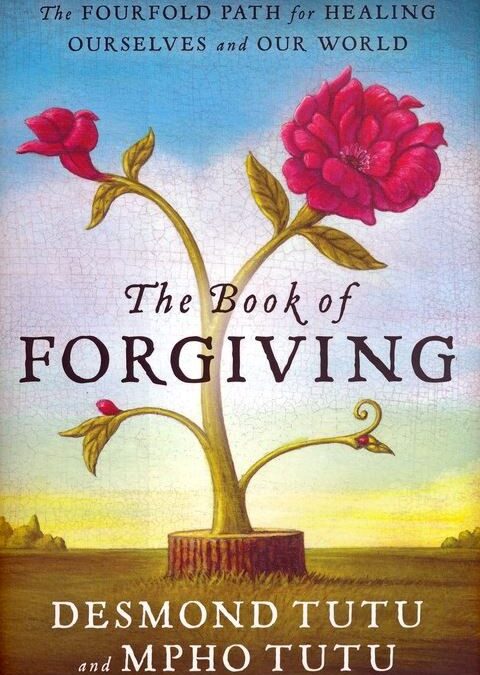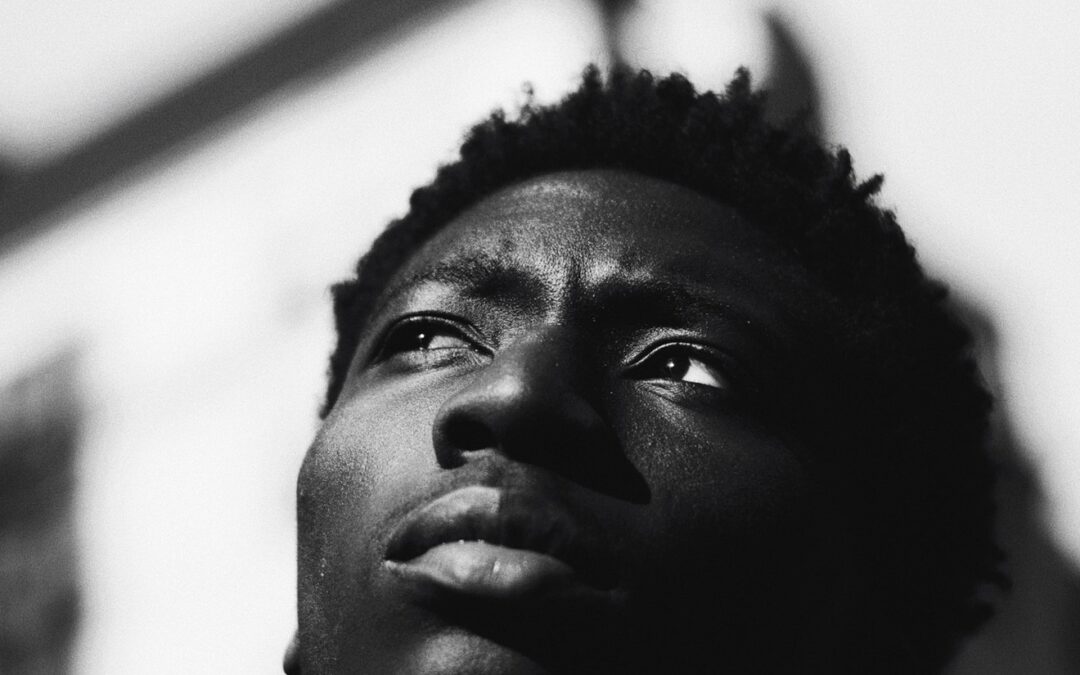During women’s history month, we celebrate women who achieved despite men who may have stood in their way. Lois Wilson was a different type of shero. She felt called to stand by her man and in so doing saved the lives of millions.

Tom Adams
See our Resource Pages for additional information on each topic.

During women’s history month, we celebrate women who achieved despite men who may have stood in their way. Lois Wilson was a different type of shero. She felt called to stand by her man and in so doing saved the lives of millions.

A new friend of mine offered me “traveling mercies” before a trip a year or so ago. I had not heard the term before. I took it as a prayer or intention that I would enjoy the trip, be safe and be gentle with myself and others when I inevitably got a little tired or frustrated while traveling.

As a Puerto Rican woman working with communities of color in the US and Puerto Rico, visiting Africa had long been a goal for me.

The significance of Black History Month 2023 varies widely across the United States. To make real progress on our deep racial divides, we all need to pay attention to Black History all year long. The opportunities to do so abound. I have come to this point of view slowly over many years. Not long ago I looked at Black History Month participation as a box to check off out of obligation and perhaps guilt. It was one more thing to do.

Reviewing the Book of Forgiving during Black History Month allows us to look at ways to right the wrongs of this country’s original sin: mistreating and exploiting People of Color. Whether they were indigenous to this continent, imported as slaves, or the Chinese being excluded from becoming citizens, justice requires that a recognition and renewal take place.

Is there a connection between Black History Month and how we think about love? I know the inventors of Valentine’s Day weren’t thinking about deepening the meaning of Black History Month. But might there be a connection?

Editor’s Note: As we experience another Valentine’s Day, we are offered an opportunity to reflect on love in our life. This week’s guest contributor, Bill Swann, is a friend and fellow pilgrim on last year’s Camino walk. Bill poignantly shares what love means to him...

Just imagine, every day you are poised for something bad to happen. You may not be conscious of the tension, but it’s there. You’re primed for fight or flight. That’s a part of what it’s like to be Black in America.

As we enter Black History Month, we hear the echoes of Martin Luther King’s call for a Beloved Community. Throughout the 1950s and into the 1960s, Dr. King preached a deep connection between God’s love, “beloved community,” non-violence, justice, and peace. In a time of world conflict and daily struggles to see each other as beloved brothers and sisters, Dr. King’s words offer us a road map.

Death is inevitable. Some deaths are sudden; some expected. Some can be prevented or slowed. Addictions kill and maim hundreds of thousands each year that we know of, and many more we don’t. Addictions destroy relationships and can lead to death and/or emotional trauma for those close to the addict.